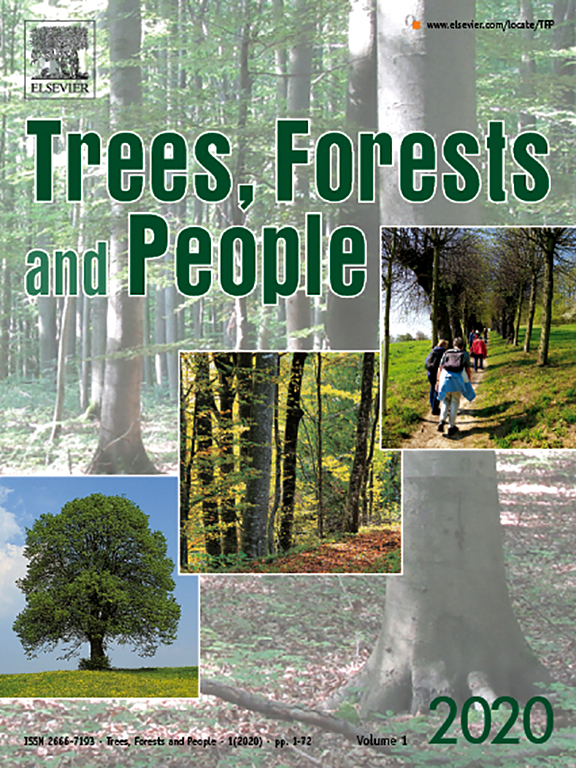Giving more attention to the adoption of conservation agricultural practices (CAPs) will help in improving yields to ensure food security in Sub-Saharan Africa. Therefore, we are prompted to ask questions on the factors determining the adoption and adoption intensity of CAPS among Cameroon's smallholder farmers. Thus, data collected from 350 farmers in South and East Cameroon were used to study the factors that determine the adoption of CAPs amongst these farmers. The study considered agroforestry, intercropping, crop rotation, cover crop, mulching, and zero-tillage as the CAPs under investigation. The study adopted the multivariate and ordered probit models. According to the multivariate probit analysis, our multivariate probit model results showed that gender, age, family size, extension services, use of modern farm technology, distance from house to farm, livestock owned, and infertile soil all significantly influenced CAP adoption. Results on adoption intensity displayed that gender, distance from house to farm, and the number of livestock owned were critical drivers of CAP adoption intensity. According to this study's findings, to promote the adoption of CAPs, policymakers and concerned stakeholders should consider farmer, institutional, and biophysical aspects when developing policies. However, already existing extension services need to be improved upon.
Download:
DOI:
https://doi.org/10.2139/ssrn.4170141
Dimensões Contagem de citações:



















